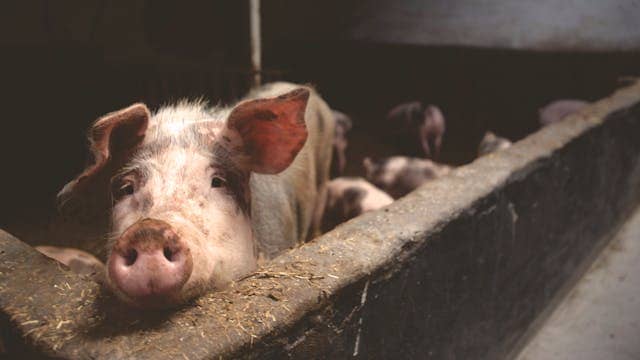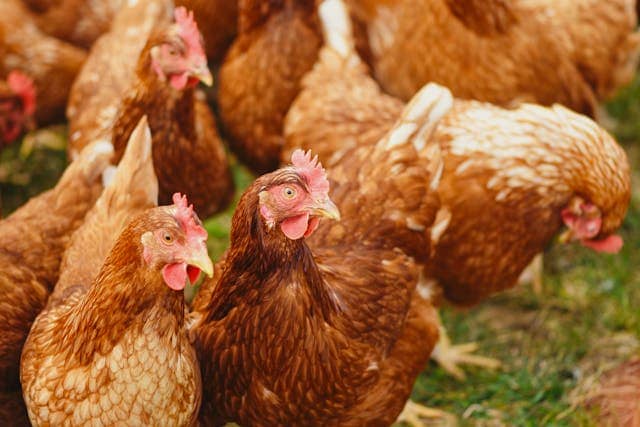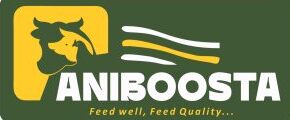Farmer Challenges
Farmer Challenges
In Africa, particularly in Ghana, the poultry and livestock industry is crucial to the agricultural GDP. However, rural small-scale farmers face significant challenges in ensuring adequate feed for their animals. These farmers heavily rely on agricultural waste, which often has limited nutritional value. Consequently, their animals suffer from malnutrition and lack essential nutrients necessary for proper growth and performance. This situation hinders the overall growth and productivity within the industry, exacerbating poverty rates among families and communities.
The reliance on poor-quality feed results in animals that are undernourished and unable to reach their full potential. This not only stunts the growth of individual animals but also limits the profitability and sustainability of farming operations. The ripple effect is profound, as malnutrition in livestock directly impacts the farmers’ livelihoods, leading to a cycle of poverty and diminished economic growth in rural communities. Without a sustainable solution, the well-being of both farmers and their animals remains at risk, perpetuating a cycle of hardship and economic stagnation.

A sustainable solution to improve the nutritional value of animal feed is crucial for enhancing the well-being of both the farmers and their livestock. By providing high-quality, nutrient-rich feed options, small-scale farmers can ensure their animals receive the essential nutrients needed for optimal growth and performance. This will not
only improve the health and productivity of the animals but also increase the profitability of the farmers’ operations. Enhanced livestock performance leads to higher yields, better market prices, and ultimately, improved livelihoods for the farmers. Implementing sustainable and high-quality feed solutions will break the cycle of poverty, drive economic growth in rural communities, and contribute significantly to the agricultural GDP.
Investing in the nutritional value of animal feed not only supports the immediate needs of small-scale farmers but also sets the stage for long-term industry growth and sustainability. By addressing these challenges head-on, we can ensure a brighter future for the poultry and livestock industry in Africa, particularly in Ghana, and create a positive impact on the well-being of countless families and communities.

